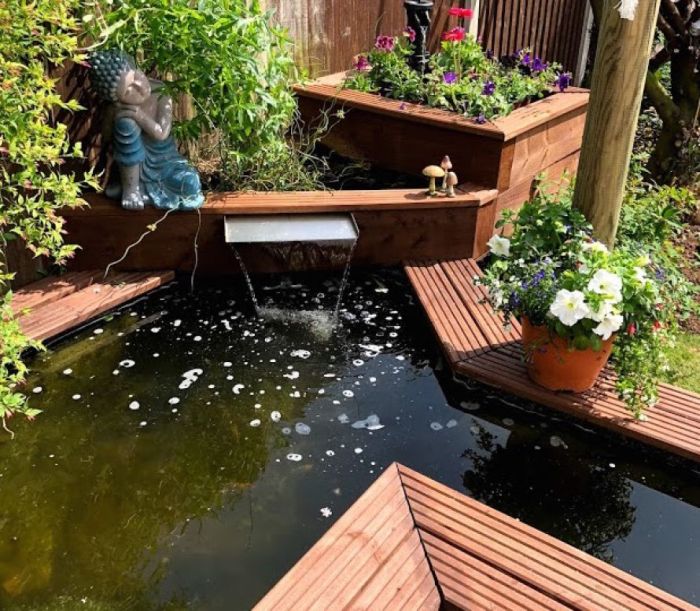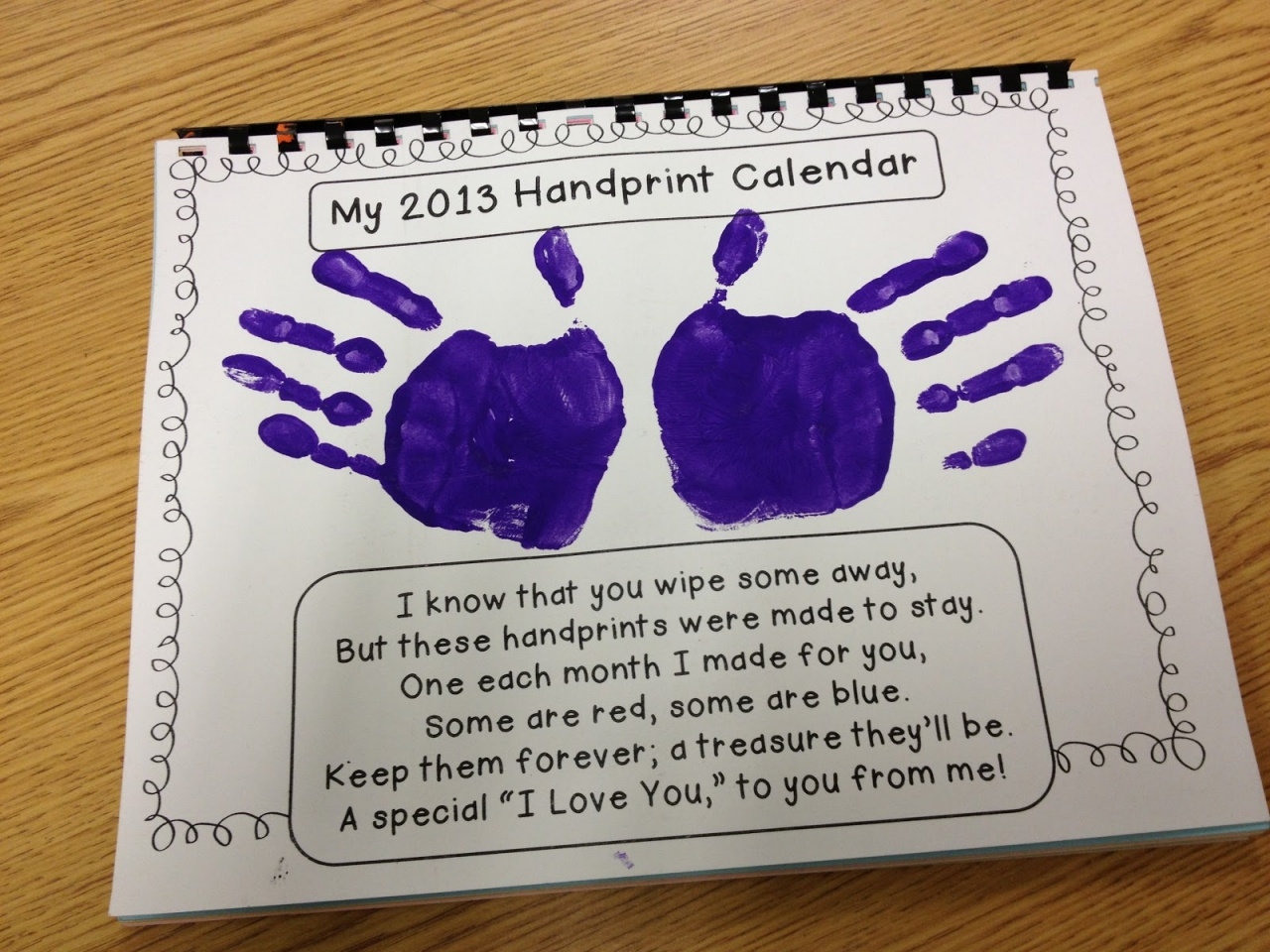Water play ideas eyfs – Water play ideas for EYFS are a fantastic way to engage young children in fun and educational activities. From sensory exploration to language development, water play offers a multitude of benefits for EYFS children. In this article, we will explore various water play ideas that can stimulate cognitive, physical, social, and emotional development in young learners.
Water play provides a unique and stimulating environment for children to explore their senses, develop their language skills, and enhance their physical abilities. It also encourages social interaction and promotes problem-solving and critical thinking skills.
Sensory Water Play Activities
Sensory water play is a fantastic way to engage young children in EYFS. It provides a stimulating and fun environment that encourages exploration, discovery, and learning. Creating a sensory water play area is simple and can be tailored to the interests and abilities of the children.
Here are some materials that can be used to create sensory water play areas:
- Water beads
- Colored water
- Scented water
- Floating toys
- Measuring cups and spoons
- Funnels
- Pipettes
- Colanders
- Sponges
Sensory water play offers numerous benefits for EYFS children. It helps them develop their:
- Fine motor skills
- Cognitive skills
- Language skills
- Social skills
- Imagination and creativity
Types of Sensory Water Play Activities
There are many different types of sensory water play activities that can be enjoyed by EYFS children. Some popular ideas include:
- Water transfer:Children can use cups, spoons, or pipettes to transfer water from one container to another.
- Water pouring:Children can pour water from a jug or bottle into different containers.
- Water exploration:Children can use their hands, feet, or toys to explore the water and discover its properties.
- Water play with floating toys:Children can play with floating toys in the water, such as boats, ducks, or balls.
- Water play with scented water:Children can explore the different scents of water by adding scented oils or extracts to the water.
- Water play with colored water:Children can explore the different colors of water by adding food coloring or paint to the water.
Water Play and Language Development
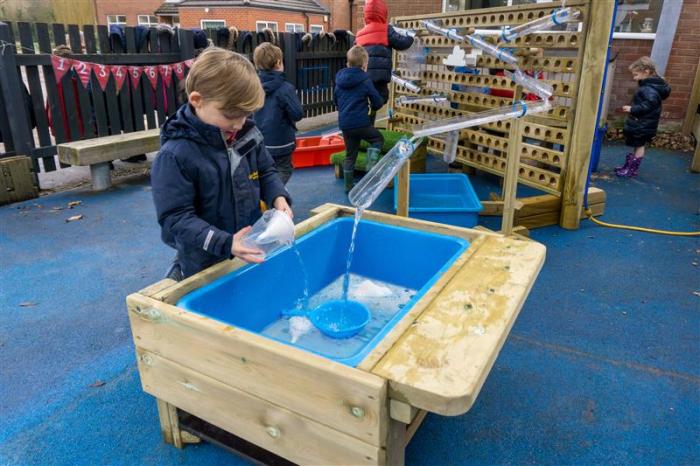
Water play offers a unique and engaging environment for EYFS children to enhance their language skills. Through sensory exploration and playful interactions with water, children develop vocabulary, descriptive language, and communication abilities.
Encouraging Vocabulary Development
Water play introduces children to a wide range of new vocabulary related to water, its properties, and associated objects. They learn words like “wet,” “dry,” “float,” “sink,” “splash,” and “pour.” As they engage in imaginative play, they create stories and use descriptive language to express their ideas.
Promoting Descriptive Language, Water play ideas eyfs
The tactile and sensory nature of water play encourages children to use descriptive language to express their experiences. They describe the temperature of the water, its texture, and the way it moves. They use adjectives like “warm,” “cold,” “smooth,” “rough,” “fast,” and “slow” to convey their observations.
Fostering Communication
Water play provides a natural context for children to communicate with each other and with adults. They ask questions, share ideas, and engage in conversations about their experiences. They learn to take turns, listen to others, and express themselves clearly.
Incorporating Language-Rich Activities
- Water Stories: Create a story around water play, incorporating vocabulary and descriptive language. Encourage children to participate in the storytelling.
- Water Songs: Sing songs about water while playing, such as “Itsy Bitsy Spider” or “Rain, Rain, Go Away.” This helps children learn new vocabulary and practice rhythm.
- Water Vocabulary Games: Play games that focus on water-related vocabulary, such as “What’s in the Water?” or “Water Charades.”
Water Play and Physical Development
Water play offers a fantastic avenue for EYFS children to enhance their physical development. The tactile nature of water stimulates various sensory receptors, fostering gross and fine motor skills and coordination.
Gross Motor Skills
Engaging in water play activities like water races and obstacle courses encourages children to move their entire bodies. These activities enhance their balance, coordination, and spatial awareness. Water provides resistance, making movements more challenging and promoting muscle development.
Fine Motor Skills
Water play also nurtures fine motor skills. Activities like pouring, scooping, and squeezing water toys strengthen finger muscles and improve hand-eye coordination. The precision required to manipulate water and small objects in a wet environment enhances dexterity and control.
Coordination
Water play fosters coordination by requiring children to use multiple body parts simultaneously. Balancing on water toys, navigating obstacle courses, and playing water balloon games demand a high level of coordination and cooperation between different muscle groups.
Water Play and Cognitive Development
Water play is an exceptional activity for EYFS children as it not only provides sensory stimulation but also fosters cognitive development. It encourages problem-solving, critical thinking, and scientific exploration, all of which are essential for their intellectual growth.
Problem-Solving
Water play challenges children to find creative solutions to problems they encounter. For instance, they may need to figure out how to make a boat float, or how to construct a dam that holds back water. These challenges encourage them to think critically and experiment with different approaches until they find a solution that works.
Critical Thinking
Water play also promotes critical thinking skills. Children observe the behavior of water, make predictions about what will happen when they add or remove objects, and test their hypotheses. This process helps them develop a deeper understanding of the physical properties of water and how it interacts with other objects.
Scientific Exploration
Water play provides an ideal environment for scientific exploration. Children can experiment with different materials, such as boats, cups, and sponges, to see how they float or sink. They can also explore the effects of temperature on water, such as how ice melts or how water evaporates when heated.
These experiences foster a curiosity about the natural world and encourage children to ask questions and investigate further.
Water Play Activities for Cognitive Development
- Water Experiments:Conduct simple experiments with water, such as floating and sinking objects, making ice cubes, or observing evaporation.
- Water Puzzles:Use water-based puzzles, such as water mazes or water shape sorters, to encourage problem-solving and spatial reasoning.
- Water Construction:Provide materials like water blocks, pipes, and pumps for children to build and experiment with water structures, fostering creativity and engineering skills.
Water Play and Social Development
Water play offers a unique and engaging environment for EYFS children to develop their social skills. It encourages cooperation, communication, and turn-taking, which are essential for healthy social interactions.
Through water play, children learn to work together to achieve common goals. They may need to collaborate to fill a container, build a water structure, or create a water obstacle course. This cooperation helps them develop a sense of teamwork and learn to value the contributions of others.
Communication and Language Development
- Water play provides opportunities for children to engage in conversations about the properties of water, such as its temperature, flow, and buoyancy. They can also discuss their ideas and observations about the water play activities.
- Through water play, children can develop their vocabulary related to water, such as words like “wet,” “dry,” “float,” and “sink.” They can also learn new words related to the water play equipment, such as “bucket,” “sponge,” and “hose.”
- Water play can also help children develop their narrative skills. They can create stories about the water play activities they are engaged in, or they can use water play to act out stories that they have heard or read.
Turn-Taking
Water play also encourages turn-taking. Children need to wait their turn to use the water equipment, and they need to learn to share the water with others. This helps them develop patience and self-control.
Water Play Activities for Social Development
- Water Teamwork Games:These games require children to work together to achieve a common goal, such as filling a container with water or building a water structure.
- Water Sharing Games:These games encourage children to share the water with others, such as taking turns pouring water from a bucket or playing with a water toy together.
- Water Role-Playing:These activities allow children to pretend to be different characters, such as firefighters, pirates, or scientists, while playing with water.
By incorporating these water play activities into their early years setting, educators can help children develop their social skills in a fun and engaging way.
Water Safety for EYFS Children
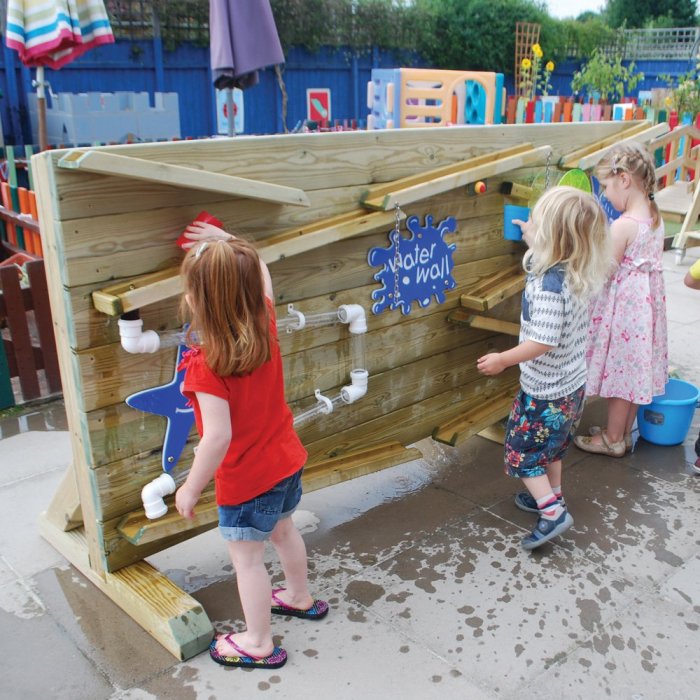
Ensuring the safety of young children around water is paramount. Water play provides numerous benefits for EYFS children, but it also carries potential risks. This section will delve into the importance of water safety, explore crucial rules and precautions, and provide practical tips for creating a safe water play environment for EYFS children.
Drowning is a leading cause of accidental death among young children. Therefore, it is imperative to educate EYFS children about water safety and equip them with the knowledge and skills to stay safe in and around water.
Water Safety Rules and Precautions
Establish clear water safety rules and precautions for EYFS children:
- Never go near water alone. Always have an adult present.
- Stay within designated water play areas and avoid unsupervised bodies of water.
- Learn to swim and wear a life jacket when appropriate.
- Be aware of the water’s depth and currents.
- Do not dive into shallow water or jump from heights.
- Do not drink or swallow water from natural sources.
Creating a Safe Water Play Environment
Creating a safe water play environment for EYFS children involves careful planning and supervision:
- Designate specific water play areas with appropriate equipment and supervision.
- Ensure water is clean and free from hazards.
- Provide life jackets or flotation devices for children who are not confident swimmers.
- Supervise children closely and provide constant attention.
- Have emergency procedures in place and know how to respond to water-related accidents.
Water Play Equipment and Resources
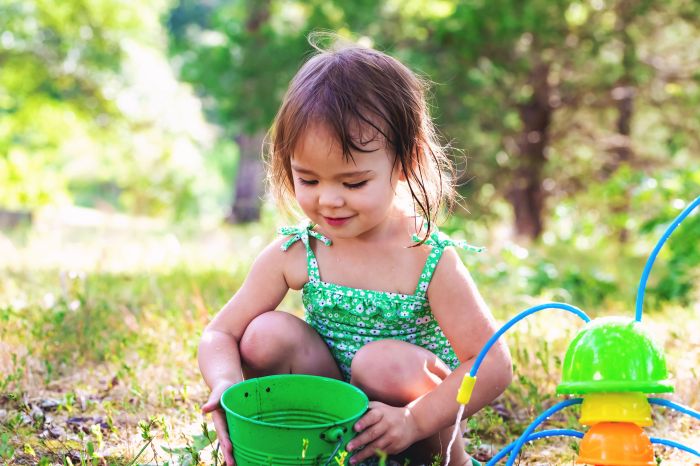
Water play is an excellent activity for young children as it provides opportunities for sensory exploration, physical development, and social interaction. To ensure a safe and enjoyable water play experience, it is important to have the appropriate equipment and resources.
Types of Water Play Equipment
There are various types of water play equipment available for EYFS settings, each with its own benefits and age-appropriateness:
Water tables
Water tables are shallow containers filled with water and often have features like pumps, fountains, or floating toys. They are suitable for toddlers and young children who can sit or stand around the table.
Splash pools
Splash pools are larger containers filled with shallow water and are perfect for warm weather play. They allow children to splash, play with water toys, and cool down.
Water slides
Water slides are inclined surfaces that children can slide down into a pool of water. They are suitable for older children who can safely climb and slide.
Selecting Age-Appropriate Equipment
When selecting water play equipment, it is important to consider the age and abilities of the children who will be using it.
Toddlers
Toddlers enjoy playing with water tables and small water toys. They should be supervised closely while playing in water.
Preschoolers
Preschoolers can enjoy a wider range of water play equipment, including splash pools and small water slides. They should be supervised while playing in deeper water.
School-age children
School-age children can enjoy more challenging water play equipment, such as larger water slides and floating toys. They should be supervised while playing in open water.
Planning Water Play Activities
Planning water play activities for EYFS children is crucial to ensure their safety, engagement, and educational value. Here’s a step-by-step guide:
- Assess the children’s interests and developmental needs:Observe their play patterns and preferences to design activities that align with their interests and support their development.
- Establish clear learning objectives:Determine the educational goals you want to achieve through the water play activity, such as developing fine motor skills, language skills, or scientific understanding.
- Gather appropriate materials:Select safe and age-appropriate materials such as water toys, containers, and tools that encourage exploration and experimentation.
- Prepare the environment:Create a designated water play area with adequate space, drainage, and safety measures in place.
- Plan for supervision:Ensure there is adequate adult supervision during the water play activity to monitor children’s safety and facilitate learning.
- Evaluate and reflect:After the activity, reflect on its effectiveness and make adjustments as needed to enhance future water play experiences.
Assessing Water Play Activities
Assessing water play activities is crucial for enhancing their quality and ensuring they align with the EYFS curriculum. It helps educators evaluate the effectiveness of their play provision and make informed decisions to improve children’s learning and development.
Observation
Observation is a key assessment tool for water play. Educators can observe children’s interactions with the water, their engagement levels, and their overall enjoyment. They can also note the skills children are developing, such as language, physical, cognitive, and social skills.
Documentation
Documentation is another important aspect of assessment. Educators can take photos, videos, or written notes to record children’s experiences during water play. This documentation can be used to track children’s progress over time and to share with parents and other professionals.
Feedback
Feedback is essential for improving the quality of water play experiences. Educators can provide feedback to children on their progress and offer suggestions for how they can improve their skills. They can also seek feedback from parents and other professionals to gain a wider perspective on children’s development.
Conclusive Thoughts: Water Play Ideas Eyfs
Incorporating water play ideas into EYFS settings can provide children with countless opportunities for learning and development. By creating a safe and engaging water play environment, educators can foster children’s curiosity, creativity, and overall well-being.
Remember to prioritize water safety and plan activities that are age-appropriate and tailored to the individual needs of the children. With careful planning and supervision, water play can be an enriching and enjoyable experience for all EYFS children.
FAQ Section
What are the benefits of water play for EYFS children?
Water play offers numerous benefits for EYFS children, including sensory exploration, language development, physical development, cognitive development, and social development.
How can water play enhance language development in EYFS children?
Water play provides opportunities for children to engage in descriptive language, storytelling, and communication, which can enhance their vocabulary and language skills.
What are some safety precautions to consider when planning water play activities for EYFS children?
Always ensure adult supervision, keep water depths shallow, and provide flotation devices when necessary. Regularly check water temperature and maintain a clean play environment.
